The recent Supreme Court ruling ending affirmative action in college admissions has triggered a wave of change, with many colleges dismantling their DEI programs.
The Chronicle of Higher Education reveals that since January 2023, 158 campuses in 22 states have seen shifts in DEI offices and roles.
Why Is There DEI Backlash?
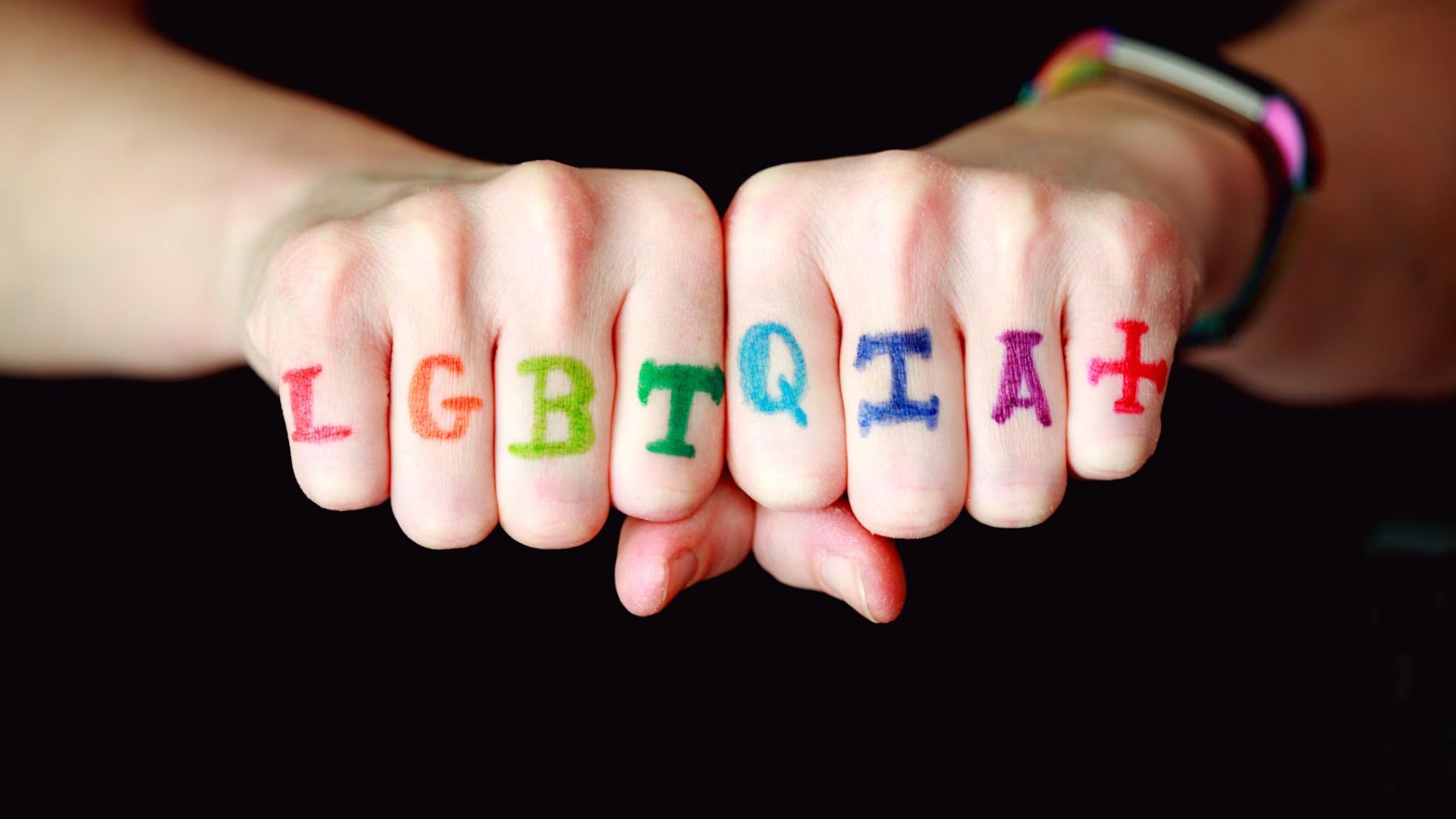
All backlash has to start somewhere. But in a world where, up until now, people have been campaigning for diversity and inclusion in society, why is there backlash to it? And why now?
There are three factors for this pushback. One is a feeling of loss of control. Many people don’t like being told that they have to change their behaviors or the terminology they use, so they refuse to do so. If people feel they are losing their sense of power, they will do anything to get back in control, which means ignoring and refusing to cooperate with DEI initiatives.
Colorblindness and Inequalities Have Been Addressed

One of the other issues is colorblindness. People will claim that they don’t see any differences between themselves and those of a different race, even though it has been shown on multiple occasions that people have been treated differently due to the color of their skin.
The other issue is that many believe that issues of inequality have already been addressed and solved, so there is no need for DEI initiatives to be kept up as there is no longer a need for it.
Conservative Policymakers’ Pushbacks on DEI Initiatives

The pushback on schools and colleges to abandon their DEI initiatives mostly comes from Conservative policymakers. The pushback is based on schools that use racial preferences to recruit and retain students.
Their plan seems to be working as race-conscious admissions have been struck down by the US Supreme Court and states are moving to defund and ban DEI initiatives in higher education.
What the DEI Restrictions Mean

With the bills that are banning DEI initiatives, this begs the question of what this actually means and what the effects will be on students and staff.
Schools aren’t allowed to use federal or state funding to support DEI offices or staff, they cannot do diversity training, diversity statements cannot be used in hiring or promotion, and they cannot use identity-based preferences in hiring and admissions.
DEI Is at the Detriment of Education

Some people believe using DEI initiatives in schools kills education, so they likely welcome this ban across the US.
Many are finding this issue to be with censorship. Texts are now coming with trigger warnings, and some speakers who come into schools are being shut down by the school for trying to engage students in “dangerous ideology.”
A Major Shift at UNC-Chapel Hill

The University of North Carolina at Chapel Hill is making headlines for its decision to disband DEI initiatives, redirecting funds to bolster public safety and campus police instead.
This move, coming in the wake of major protests, marks a significant pivot in university policy and resource allocation.
Legal Grounds for Change
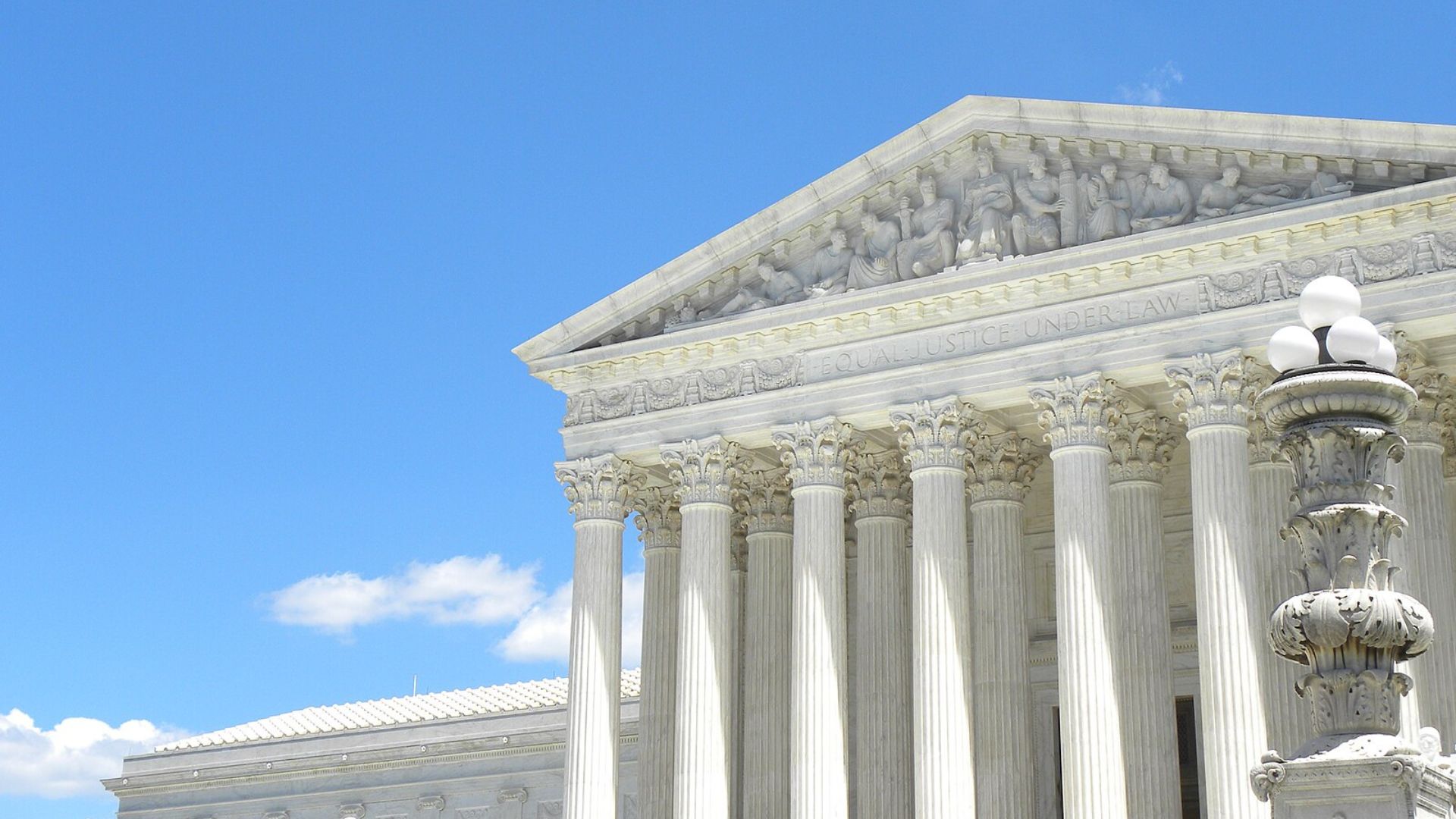
Nicole Neily, president of Parents Defending Education, highlighted to Fox News Digital how the Supreme Court’s verdict provided a legal basis for universities already questioning the efficacy of their DEI programs.
She remarked, “I think it’s an opportunity to start to rein in these excesses.”
Questioning DEI’s Impact

Despite the noble goals of DEI programs, their effectiveness remains under scrutiny.
Neily pointedly asked, “where is the evidence that this programming has worked or made an impact? I mean, are our campuses calmer and more chill than 10 years ago? Absolutely not.”
DEI Terminology Evolves
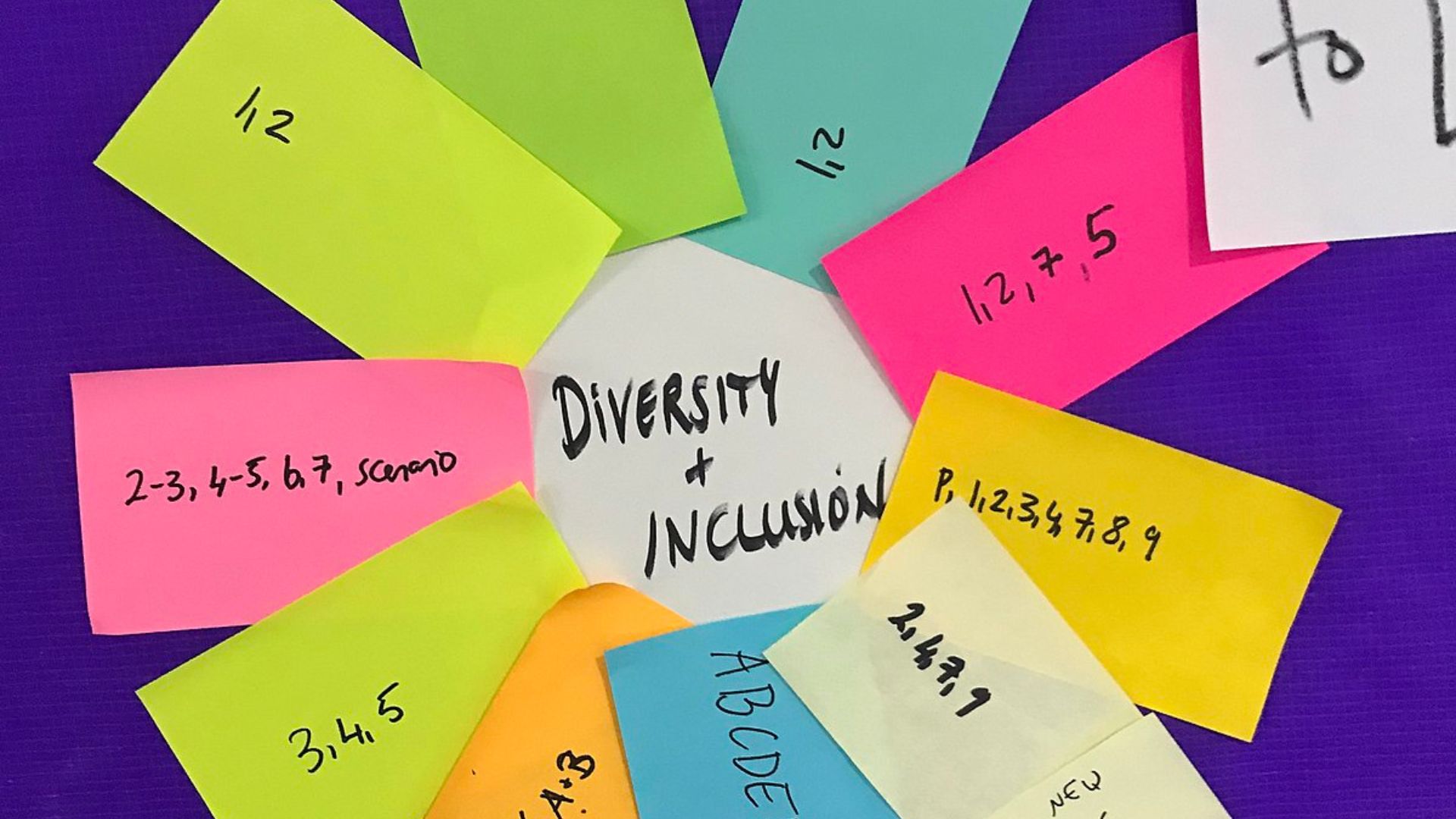
The language around diversity programs is rapidly evolving.
Neily notes the transition from terms like ‘critical race theory’ to ‘culturally responsive teaching’, signaling a broader shift in educational strategies and their naming conventions.
The Political Agenda of DEI
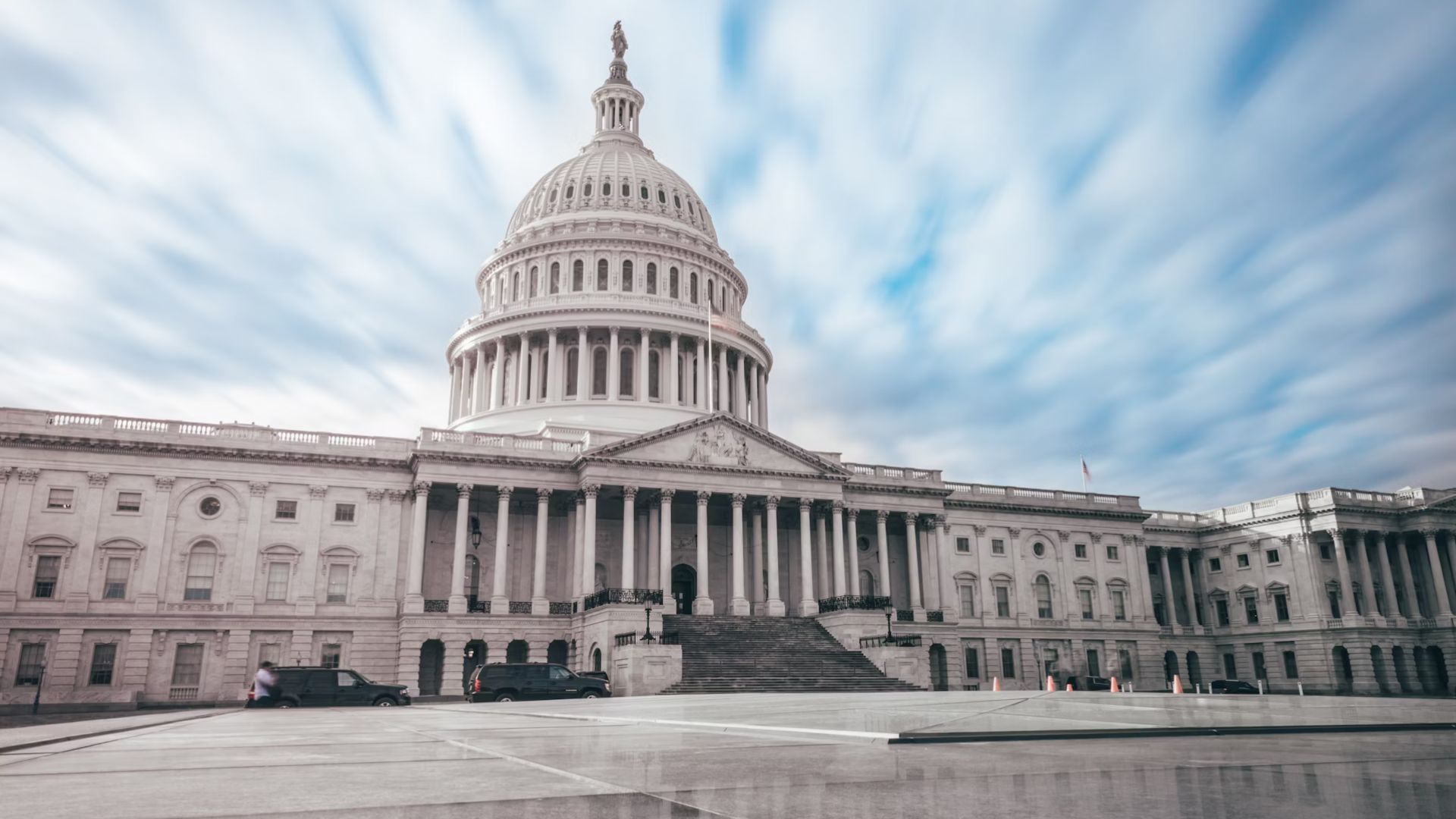
As with most things, some people believe DEI has a political agenda. One side of the political spectrum will claim it is enabling a broader range of free speech, whereas the other will claim it is restricting free speech.
Some believe that while the messages placed alongside DEI initiatives and communications might come across as positive in the first instance, they actually contain many restrictions that could possibly only benefit a few people and leave others out.
The Budgetary Bind of DEI Programs

Neily discussed the financial paradox facing DEI administrators.
She said, “If you have a fiefdom, if you are the DEI dean or the DEI director, you can’t actually go at the end of a fiscal year and say, ‘Hey, incidents of hate on campus have dropped a lot, or it looks like we’re like we brought in the most diverse class ever.'”
A Landmark Legal Ruling’s Ripple Effects
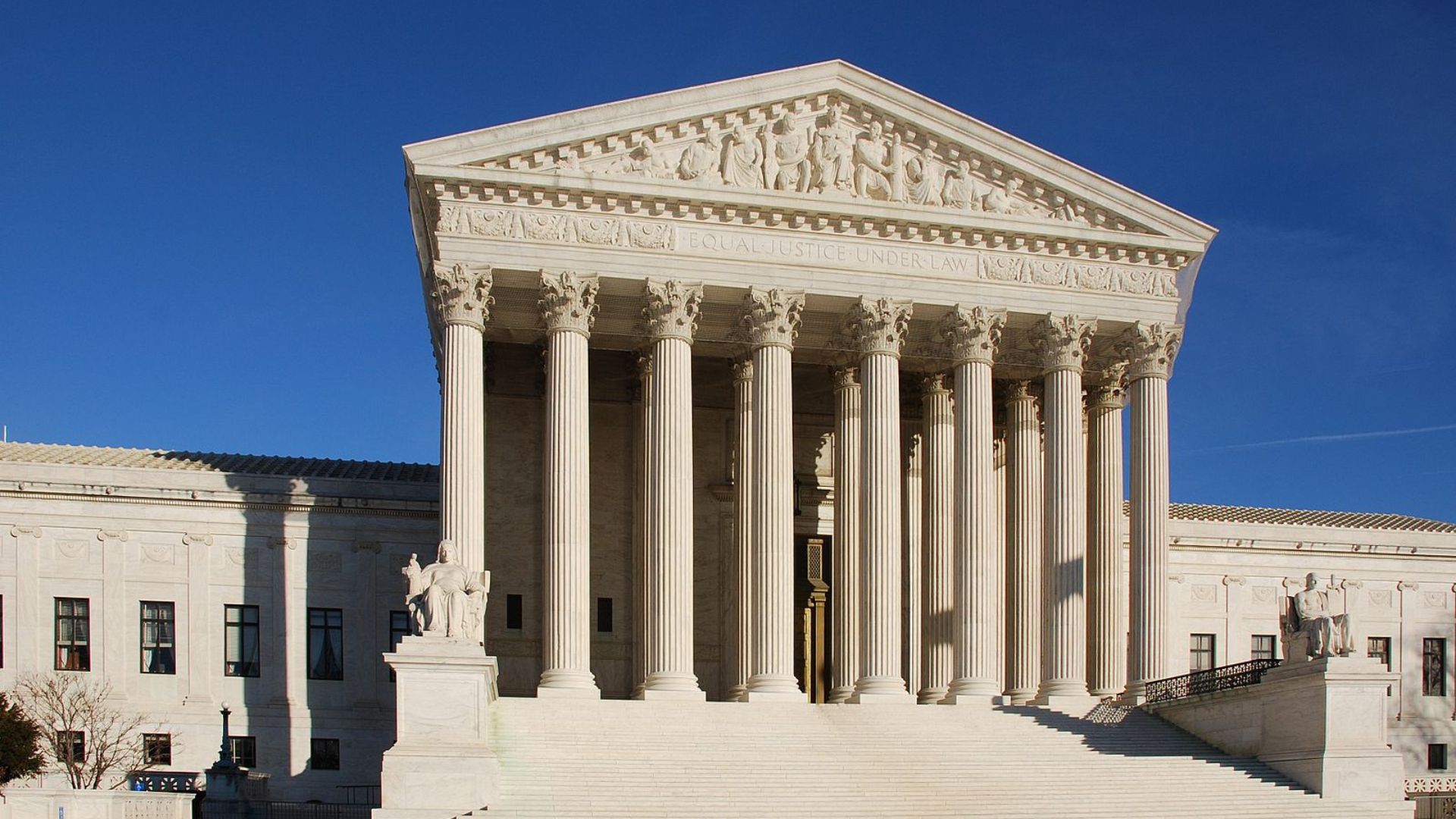
The Supreme Court ruling in Students for Fair Admission v. Harvard stated that using race as a factor in college admissions violates the 14th Amendment’s Equal Protection Clause.
This decision has provided schools with legal cover to reassess or eliminate their DEI programs.
New Laws Reshaping Campus Diversity
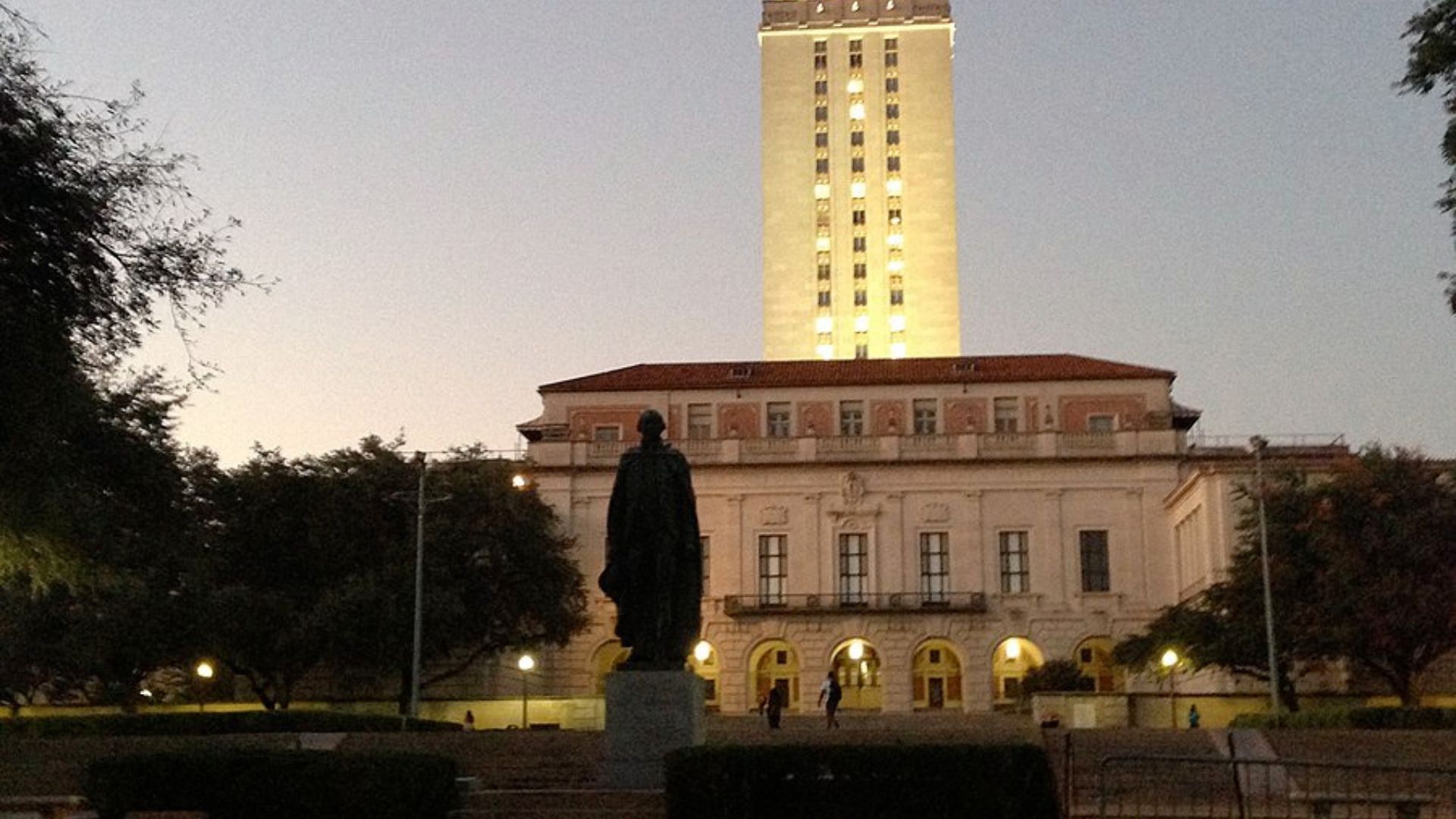
New state legislation is profoundly affecting DEI initiatives in over 20 states.
This involves a mix of bills, executive orders, and mandates that are redefining how schools approach diversity and inclusion.
California Schools Are Teaching Ethnic Studies

Despite other schools banning DEI initiatives, California is taking a different approach. After its Ethnic Studies Model Curriculum was established in 2021, California is planning on expanding this, which will begin in the 2025-26 school year.
This will involve a one-semester course, at the very least, in ethnic studies for students at the secondary education level (grades 9 to 12). It also states that this course will be required for graduation in the 2029-30 school year.
What Students Learn With DEI
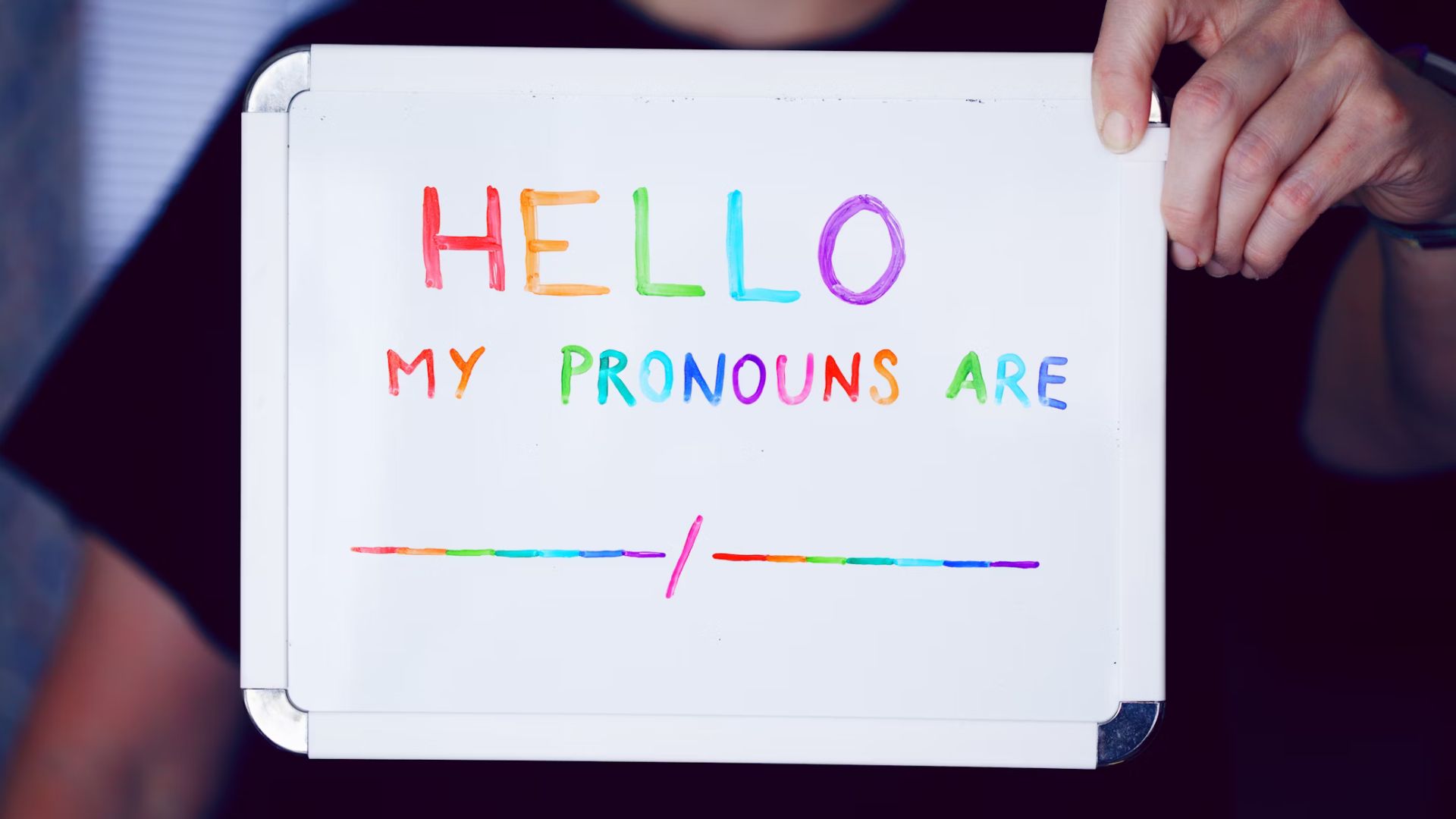
DEI initiatives may be banned across various US states, but that doesn’t stop the content that has previously (and in some cases continues) to be taught in schools from being important.
This includes expanding students’ minds beyond their current lived experiences to the issues that others of different races, religions, and sexual orientations experience on a daily basis. It also talks about biases and stereotypes and how important it is to distinguish and learn from them.
A Push for More Decisive Government Action

Neily is calling for state leaders to show more initiative.
She explained, “The governors do have a lot of control over this, as do the state legislatures. So I would like to see a little bit more urgency from them about this.”
DEI Is Needed Now More Than Ever
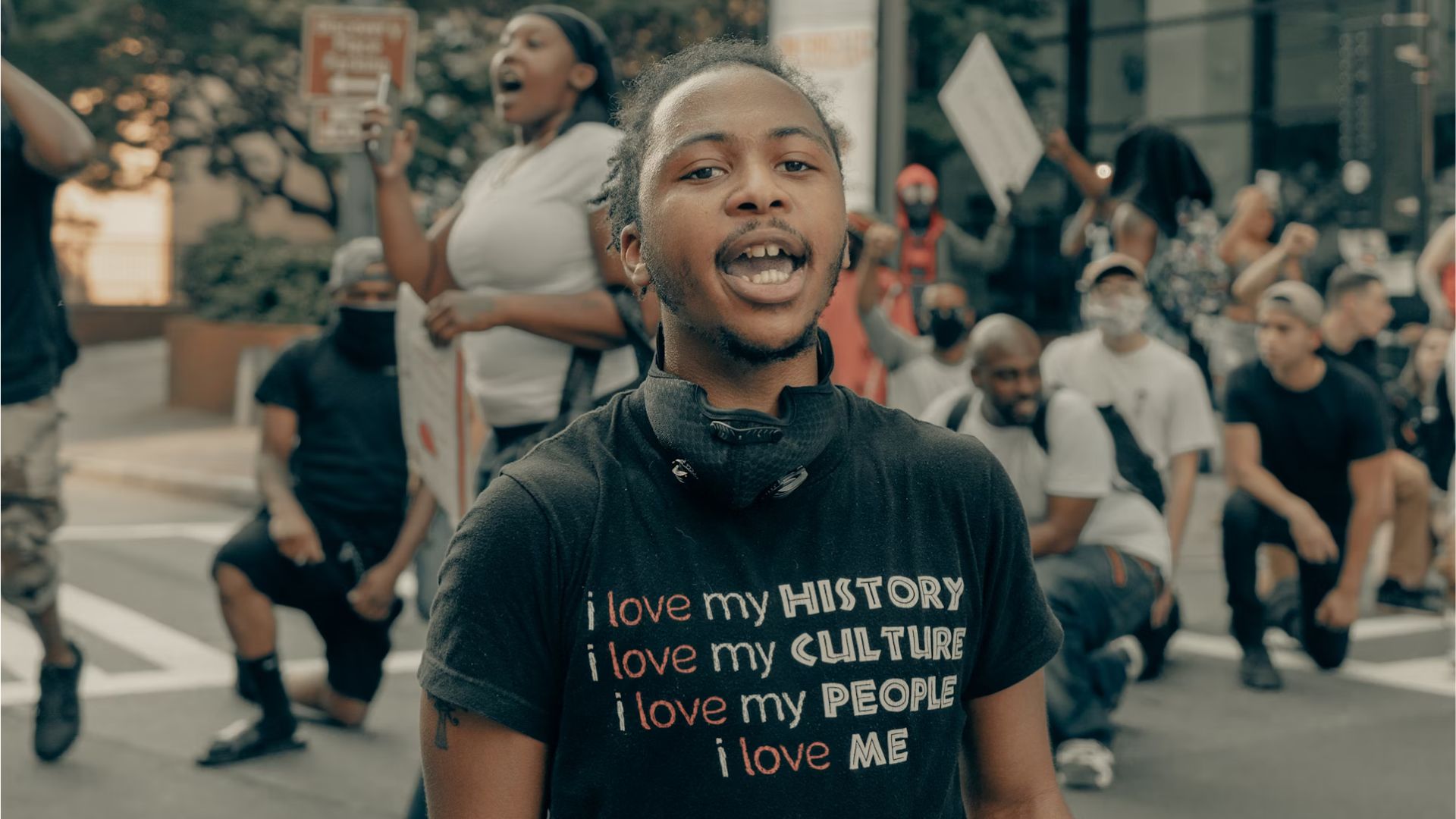
One opinion on banning DEI initiatives is that it shouldn’t happen. Instead, they believe DEI initiatives are “needed now more than ever.”
Instead of banning DEI initiatives and positions, they believe that schools should broaden their DEI outreach to protect those who are responsible for teaching these programs and to help those involved with education better understand the diverse experiences of all.
What Will Diversity Look Like Now?

As DEI programs begin to phase out, universities are grappling with how to ensure their campuses remain diverse and inclusive.
The strategy for maintaining these values is yet to be defined, leaving many wondering about the future.
Students at the Forefront of Change
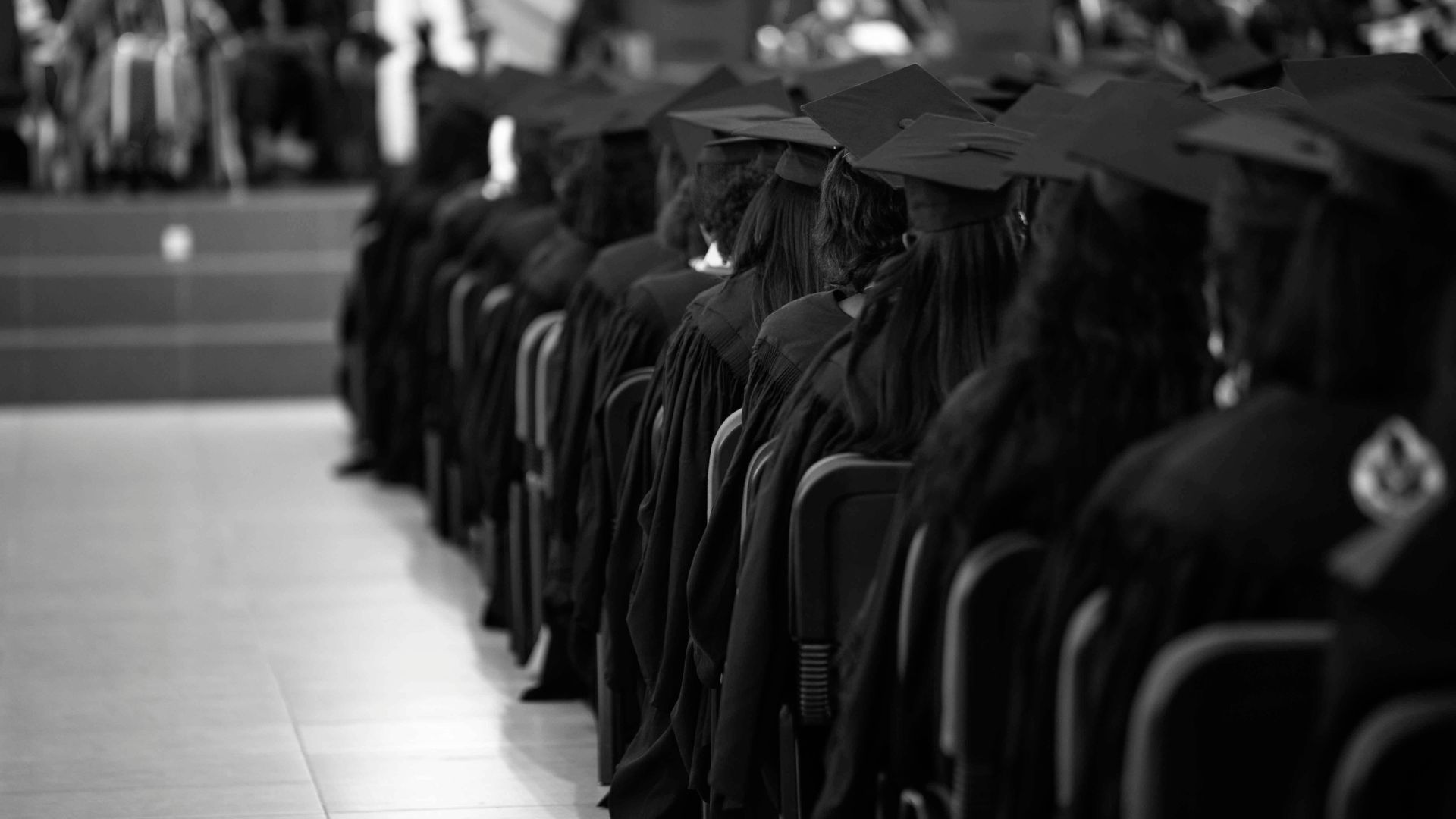
Students are feeling the immediate effects of these policy shifts.
Their response to the new campus climate could very well dictate the direction of higher education diversity policies in the years to come.
Students Have Blasted the University of Texas
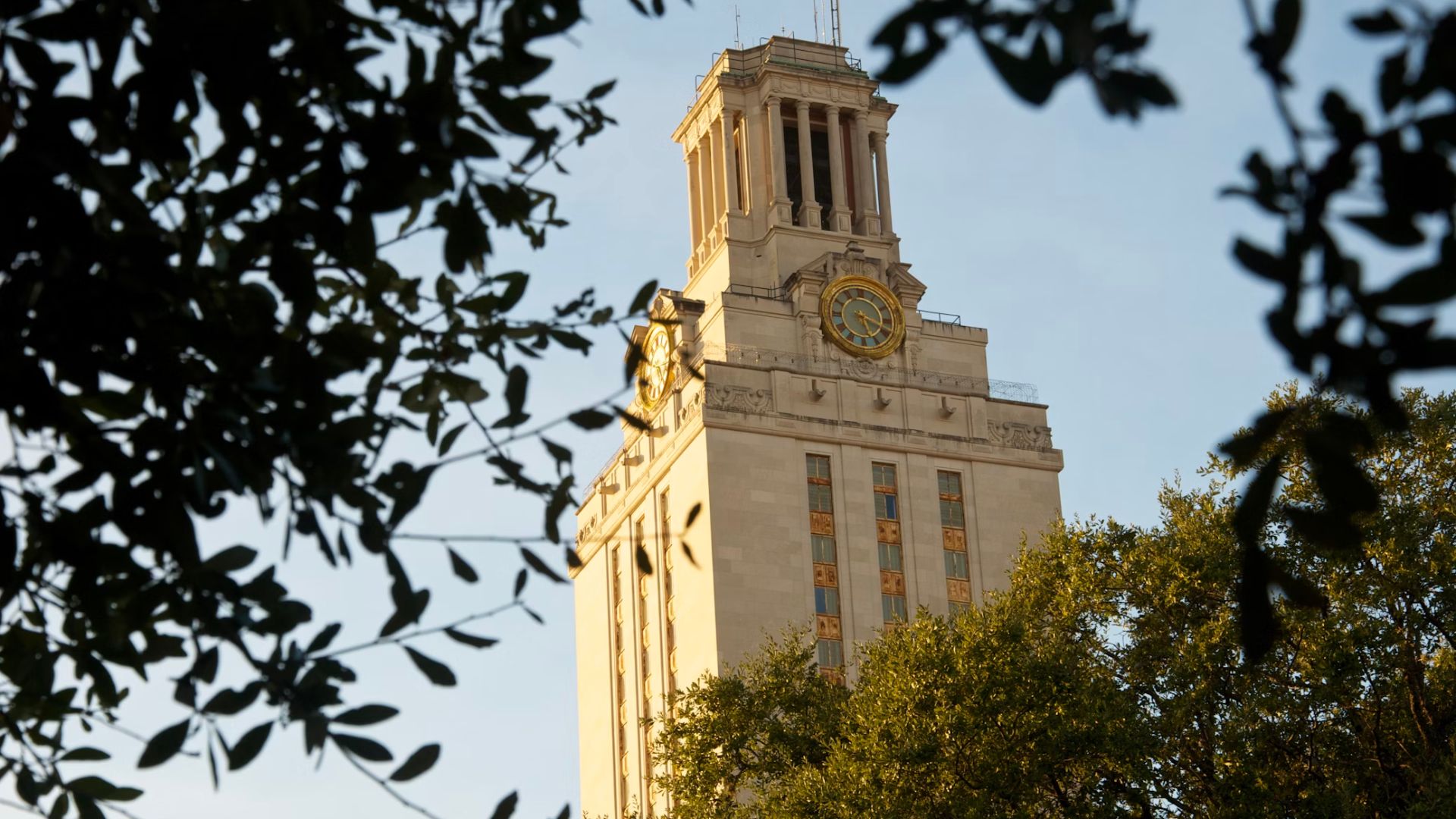
Despite the University of Texas complying with new laws to dismiss DEI initiatives, its students aren’t happy and have blasted the college for doing so.
The school laid off employees who were a part of the DEI team. Students have said they believe the school should abide by its values, including protecting marginalized groups, all of which have been helped by DEI initiatives.
Prioritizing Political Conformity Over Inclusion
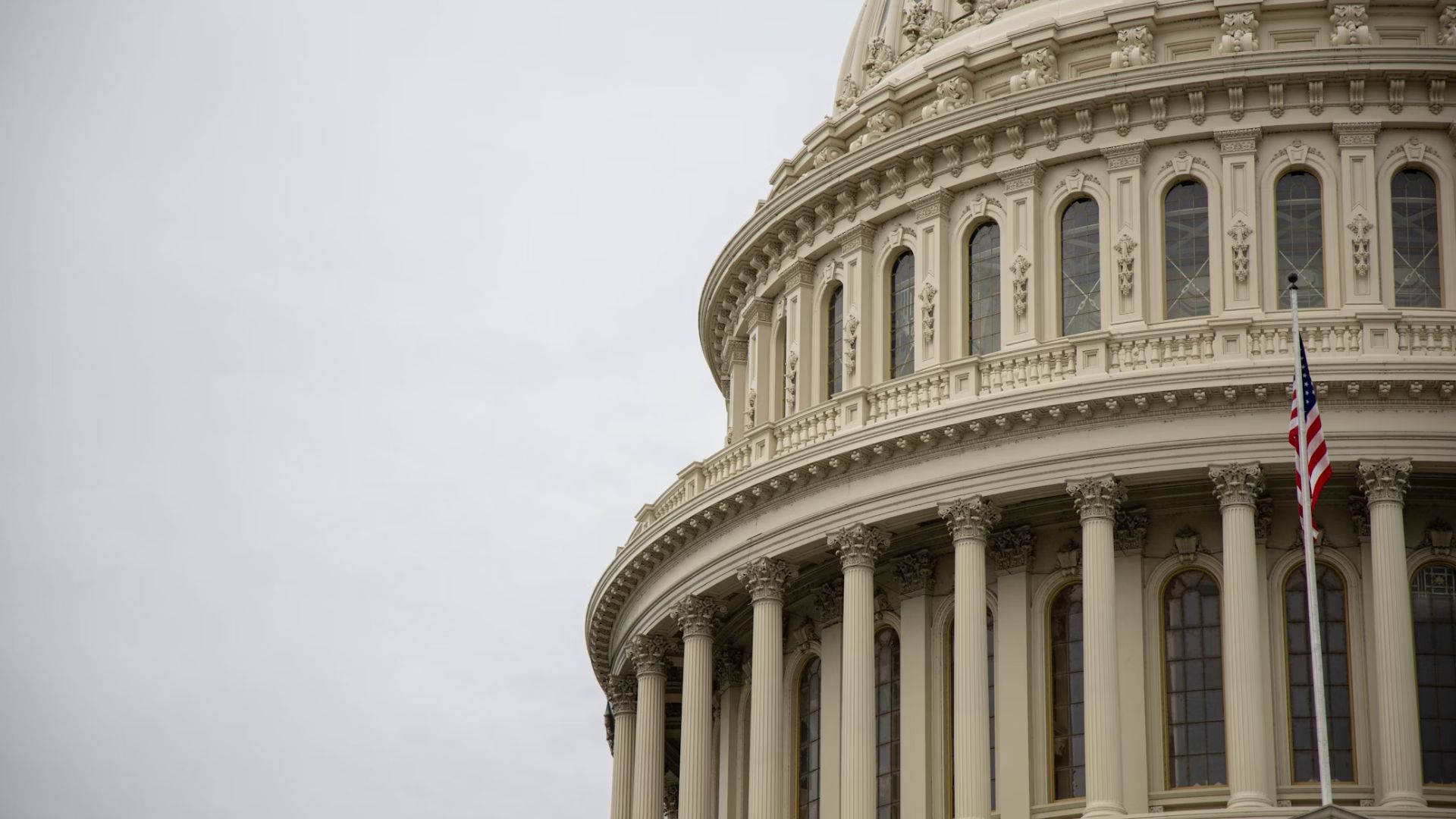
The issue with schools getting rid of their DEI initiatives is that it shows where their priorities lie, which causes students to act out when they don’t agree with what the school is trying to do, especially if they started there when these initiatives were still in place.
Where the students believe their school conforms to political agendas rather than prioritizing the inclusiveness of students and staff, many are worried about what their future holds at these schools, as the program that made them feel included is no longer in existence.
The Worry for Students Relying on Inclusivity
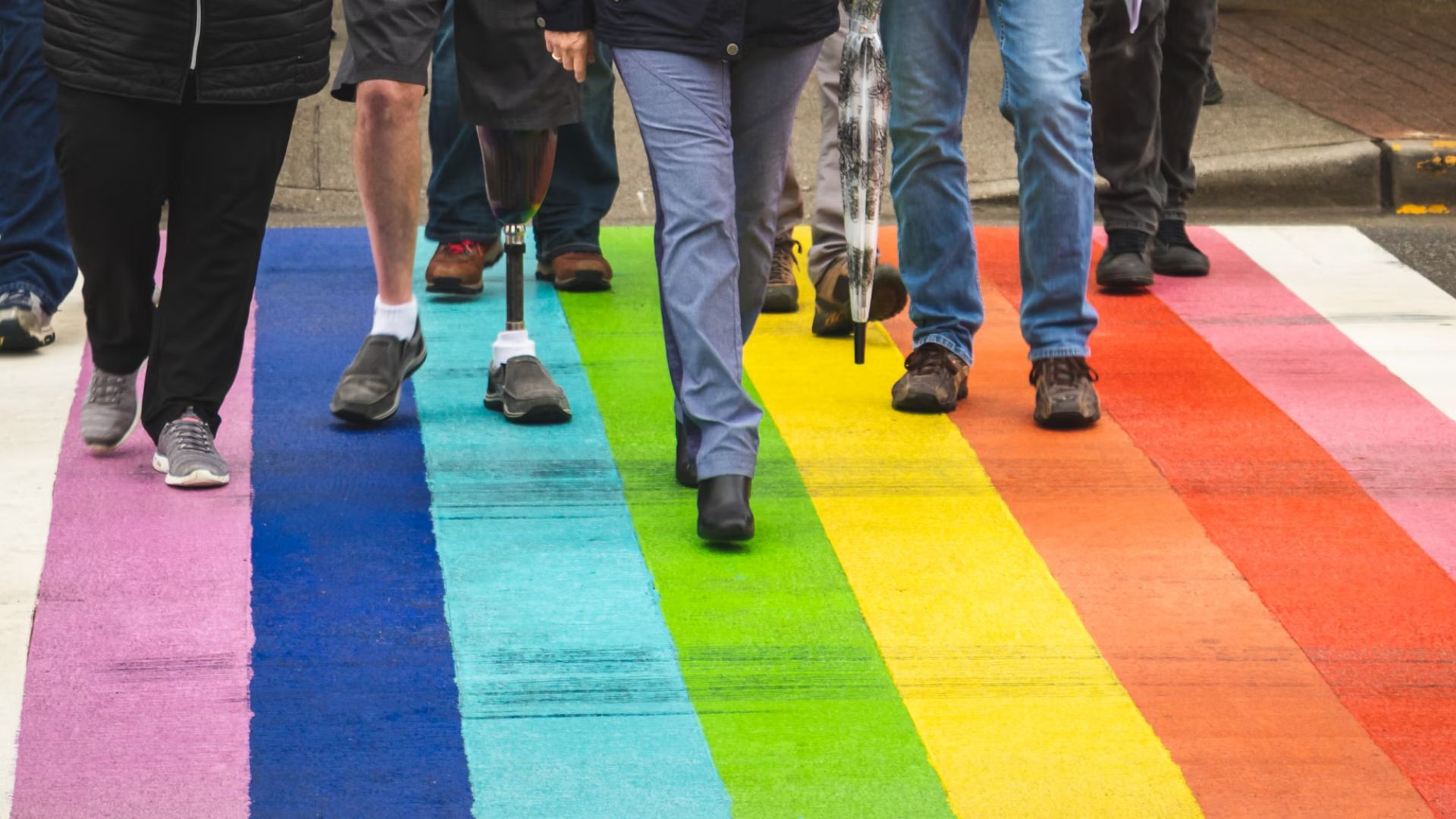
There is currently a lot of worry about what the future situation will look like for students who rely on DEI initiatives, with experts warning it is likely to negatively impact them.
However, there is currently little to no evidence that the lack of DEI initiatives negatively impacts these students, so only time will tell what the effects will be.
Reflecting Broader Societal Shifts
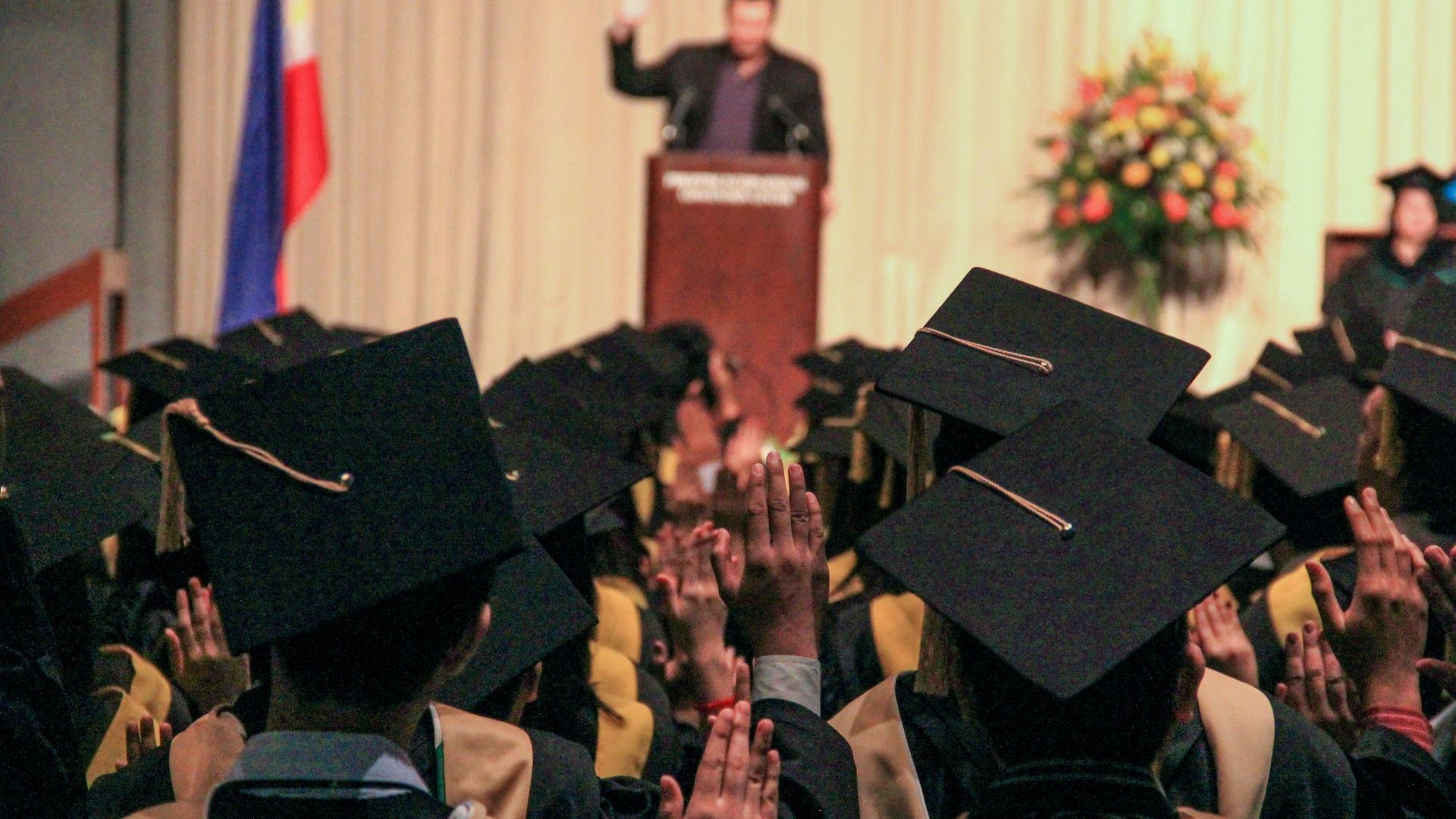
The dismantling of DEI programs isn’t just a university issue—it’s sparking broader discussions on race, inclusion, and equity across society.
The decisions made now could set precedents affecting educational and social policies on a much wider scale.
